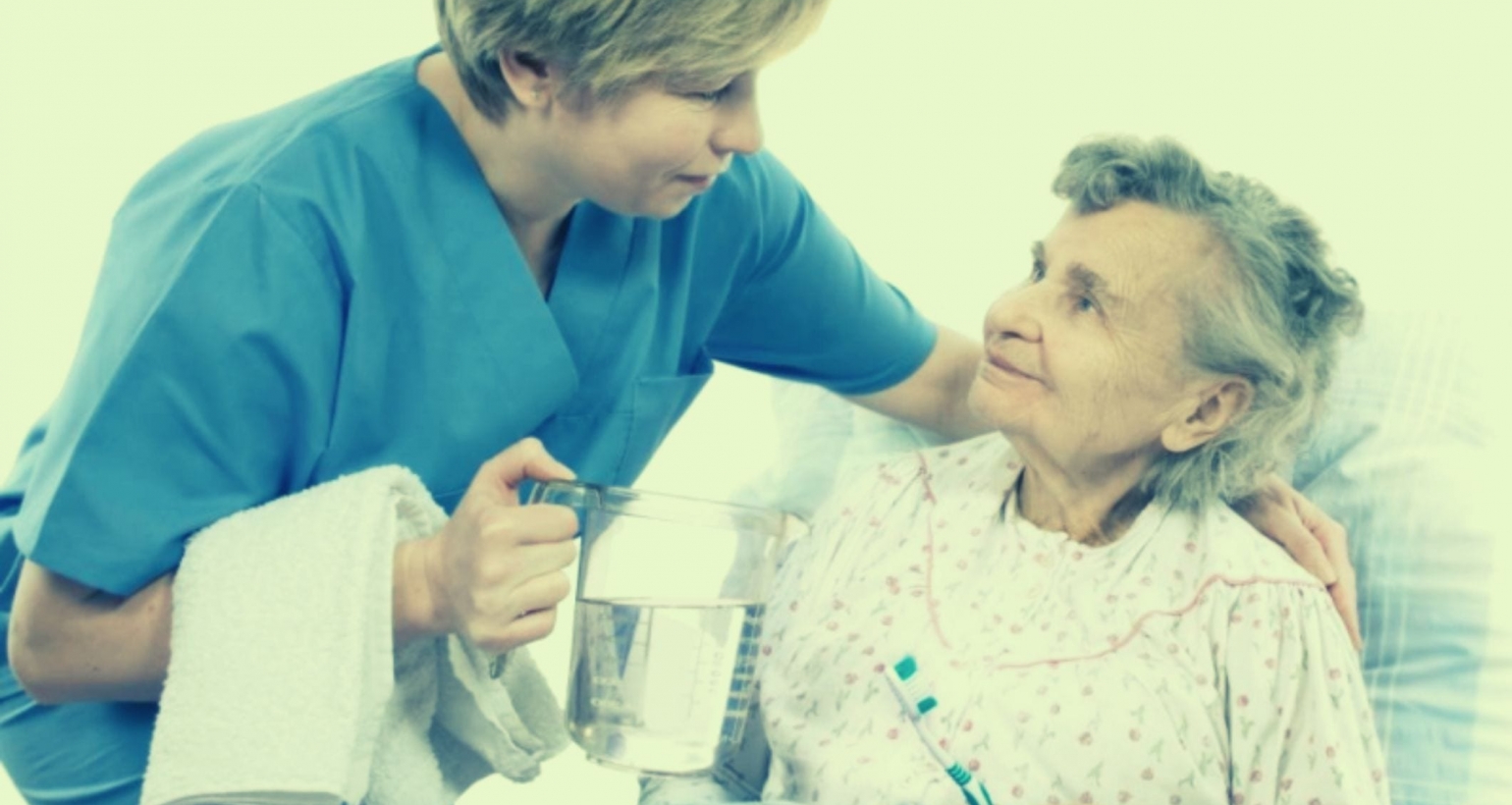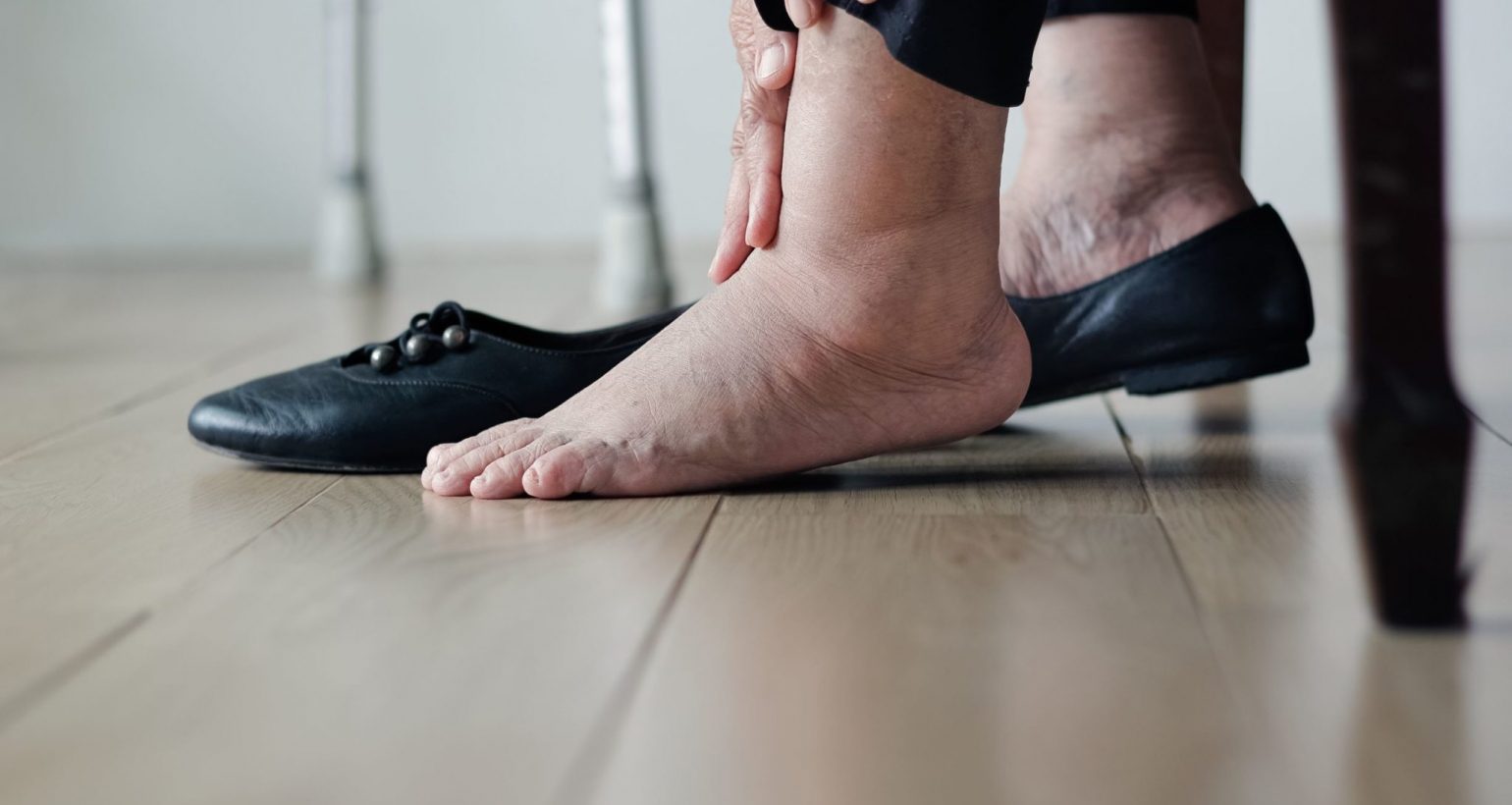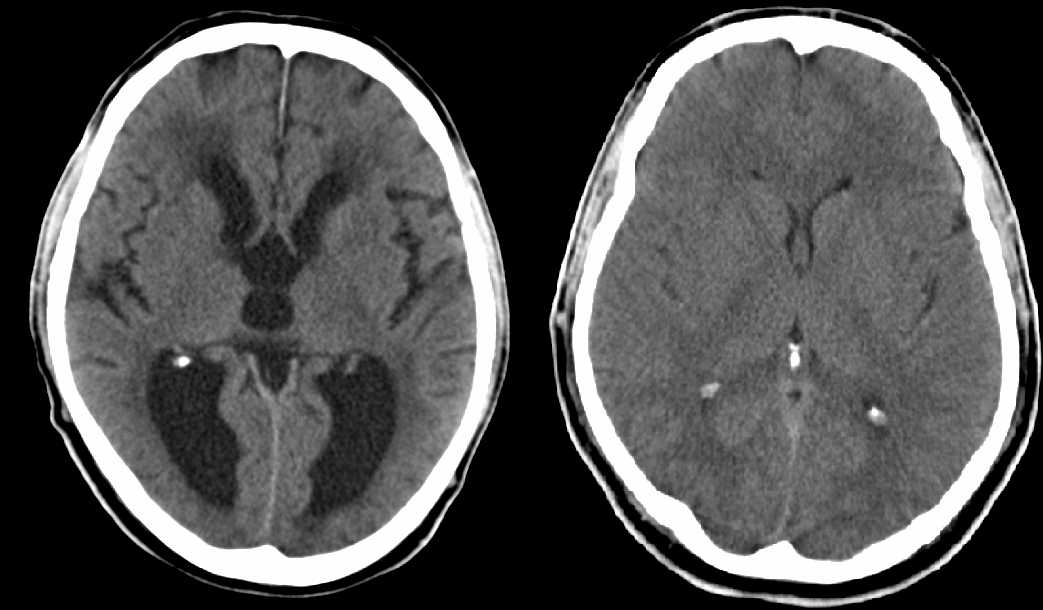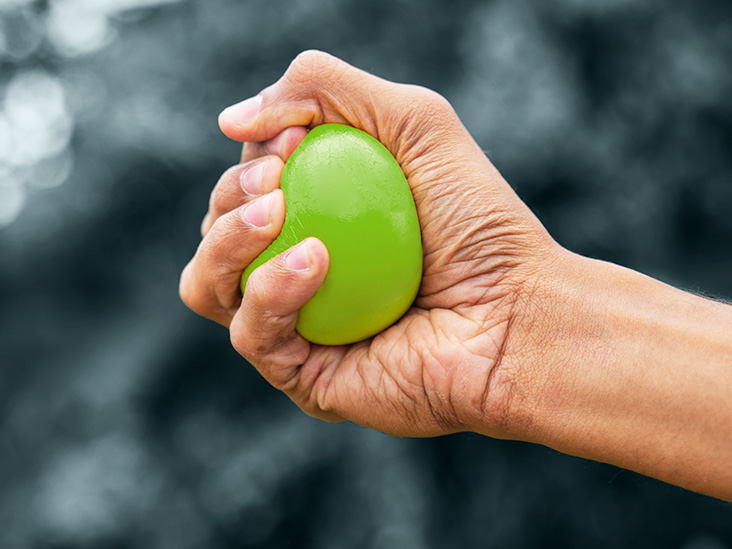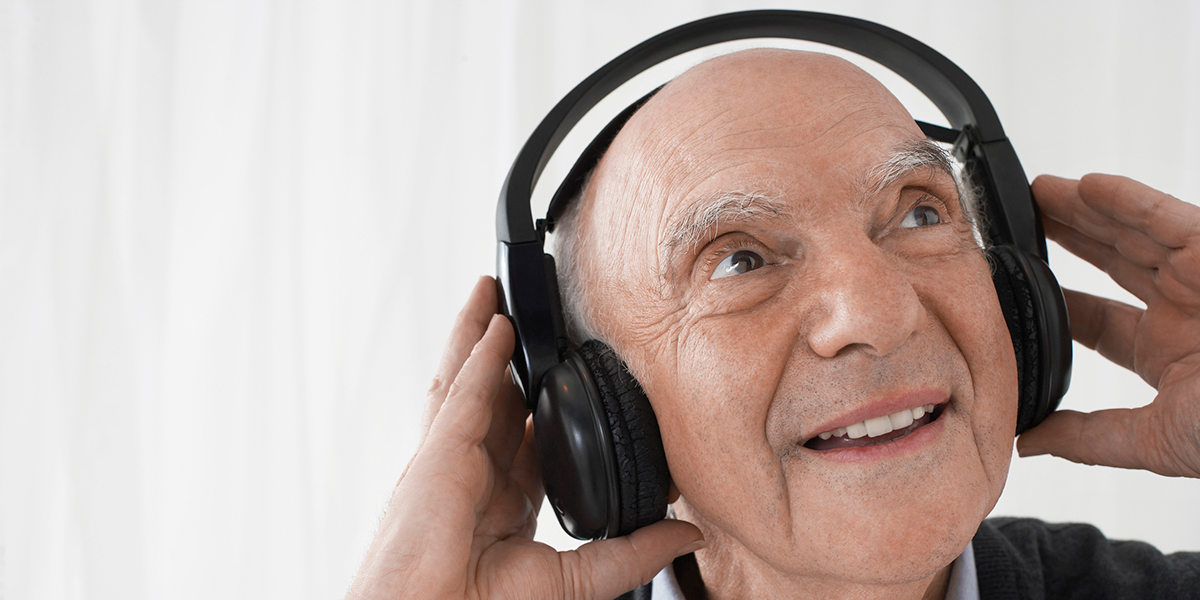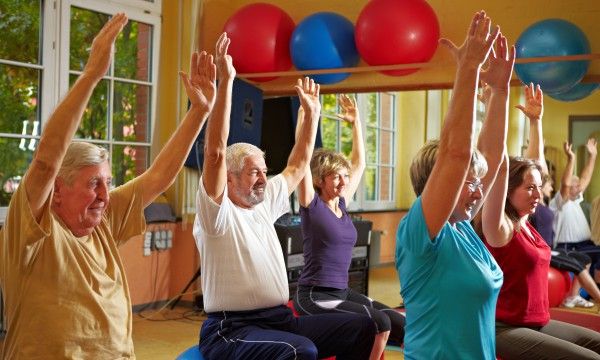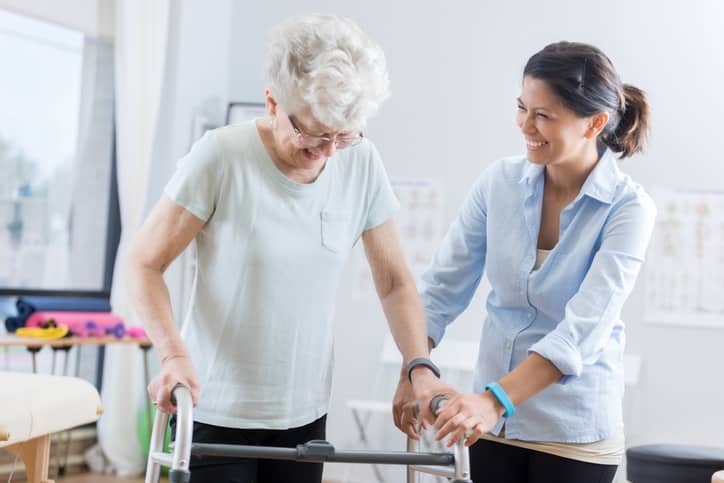Did you know that Leading Edge Senior Care has a Dementia Support Group? We meet monthly in Mesa. For more details <click here> Transitional Care for Seniors After a Stroke What is transitional care for seniors after a stroke? After a hospital stay, senior citizens often return home to find themselves in a new world. They may feel a little disoriented,…



